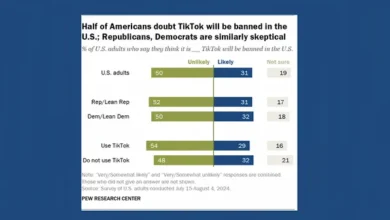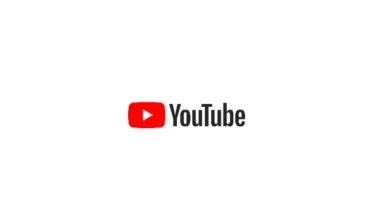
While TikTok continues to grapple with EU regulators over the technicalities of its new rules for digital platforms, it’s also implementing new processes and options to align with the Digital Markets Acts (DMA) and ensure that TikTok remains available to its 134 million European users.
TikTok has already implemented the capacity for users to switch off personalization in the app, and provided expanded data control tools, in adherence with the latest EU changes.
And now, it’s also launching a new Data Portability API, which will provide another way for users to download and reuse their TikTok data as they see fit.

As explained by TikTok:
“TikTok has now launched a new Data Portability API. This will allow registered developers to request user permission to transfer a copy of their TikTok data. European Economic Area (EEA) users will be able to authorize either a one-time or recurring transfer, and will be able to select specific categories of data or their full archive, allowing for continuous and real-time data portability.”
As you can see in the image above, the Data Portability API will facilitate access to a range of data elements, providing expanded options for usage.
In addition to this, TikTok says that it’s also improved the speed and functionality of its Download Your Data tool, which enables both individual and business accounts to export and download their account information.
Data portability is a key requirement of the DMA which outlines expanded privacy and data control obligations for what EU officials designate as “gatekeeper” platforms, or platforms that hold a level of control over the expanded digital market.
Which TikTok has argued that it doesn’t actually qualify for, at least not in the same way that Google or Meta dominate their respective sectors.
Yet, at this stage, TikTok’s appeal against its designation is yet to be heard, so it has to prepare for the DMA all the same, and ensure that it’s adhering to the latest regulations.
To be clear, there are two separate elements within the latest EU regulatory changes.
- The Digital Markets Act (DMA) relates, as noted, to gatekeeper platforms, and aims to ensure that European businesses which rely on these platforms have additional protection and assurance, and are operating on “a level playing field”.
- The Digital Services Act (DSA), meanwhile, is primarily focused on protecting individuals and businesses that use digital platforms, and facilitating more data control options for all users.
TikTok has already come under DSA scrutiny, with EU officials launching a formal investigation into whether the app has breached the rules relating to the protection of minors and ad transparency. It’s obviously hoping to avoid similar on the DMA front, as it continues to push back against the gatekeeper designation.
It’s actually, for better or worse, a pretty good case study of the confusion caused by the various EU regulatory changes, with different elements relating to different aspects, and most of it based on user reports and accusations.
In other words, it’s a little messy, but ideally, after an initial teething period, all of the platforms will be able to ensure that they’re in alignment with the new regulations, and remain available to EU users.
Source link




